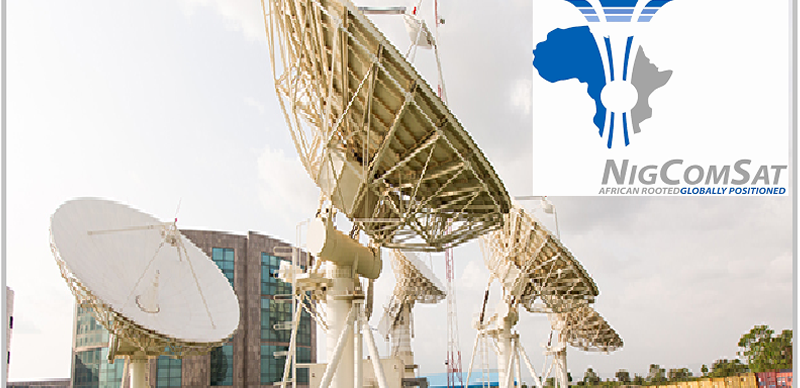The Managing Director of Nigeria Communications Satellite Ltd, Mrs Jane Egerton-Idehen, has disclosed that Nigeria’s satellite resources are being deployed to combat terrorism, banditry, and kidnapping across the country.
Speaking at a news conference on Wednesday in Abuja, Egerton-Idehen highlighted NIGCOMSAT’s collaboration with the nation’s security agencies to enhance safety and connectivity, particularly in remote regions.
“We are collaborating with the Office of the National Security Adviser, Defence Intelligence, and Space Administration, the Nigeria Police Force, the Nigeria Security and Civil Defence Corps, and other stakeholders on the utilisation of Communications Satellite and assets to ensure peace throughout the country.
“I cannot provide details of our collaborations, but they are all-encompassing, and the goal is to secure Nigeria. Very few countries have the kind of assets that we have, especially in the West African sub-region. We have started a journey to provide leadership in the region, and we will surely get there,” Egerton-Idehen said.
Egerton-Idehen also noted that Nigeria remains committed to acquiring Satellite-2, with procurement plans gaining momentum.
Additionally, she reiterated that NIGCOMSAT-1R, launched in 2011, will be replaced before its lifespan expires in 2026, emphasising that the satellite has saved the nation billions in foreign exchange by bolstering the telecom and broadcast industries.
As part of ongoing efforts to connect all 774 local government areas with digital communication centres, she confirmed significant progress, with about 40 local governments already linked.
She described the Nigerian Satellite Week, which commenced on Wednesday, as a platform to showcase how satellite technology can drive sustainable development across various sectors, including healthcare, education, and security.
“This event marks a pivotal moment for Nigeria’s satellite and space industry as we gather here to explore how communication satellites can be the driving force behind our nation’s sustainable development across diverse industries and initiatives.
“This event was created to bring together experts, industry players, investors, policy leaders, innovators, and decision-makers from across the public and private sectors, both locally and internationally.
“Our mission for the next few days is clear: to unpack and showcase the transformative potential of satellite technology for Nigeria, setting the stage for tangible progress in Nigeria’s economy, security, healthcare, education, and more; forging connections and partnerships in this regard,” Egerton-Idehen said.
The highlight of the event will be the ‘NIGCOMSAT Accelerator Demo Day’ on Friday, where startups from a nine-month accelerator programme will pitch innovative solutions aimed at transforming the space industry.
Speaking on NIGCOMSAT’s role in supporting security operations, the
Executive Director of Technical Services, Mr Abiodun Attah, noted the agency’s extensive support for military efforts in challenging terrains.
“NIGCOMSAT has been helping and supporting the military in rural areas or regions where hard-to-reach technologies exist or where there are security challenges. As a matter of fact, we have deployed many technologies that you may not be aware of due to security reasons,” Attah revealed.
He also announced that NIGCOMSAT TV channels had expanded from 45 to 105, with the audience peaking at 7 million viewers, targeting 20 million by next year.
The Director-General of the Regional African Satellite Communication Organisation, Mr Adi Timothy Ashong, commended Nigeria for its leadership in satellite communication, describing the country as a model for the region.
He said that Nigeria remains the only West African country with a communications satellite, setting an example for others to follow, while reaffirming RASCOM’s commitment to empowering African satellite operators, including NIGCOMSAT, to secure their positions in the global satellite market.







